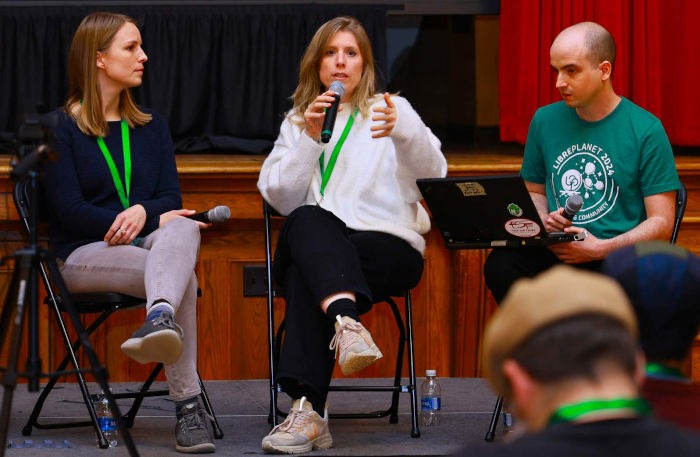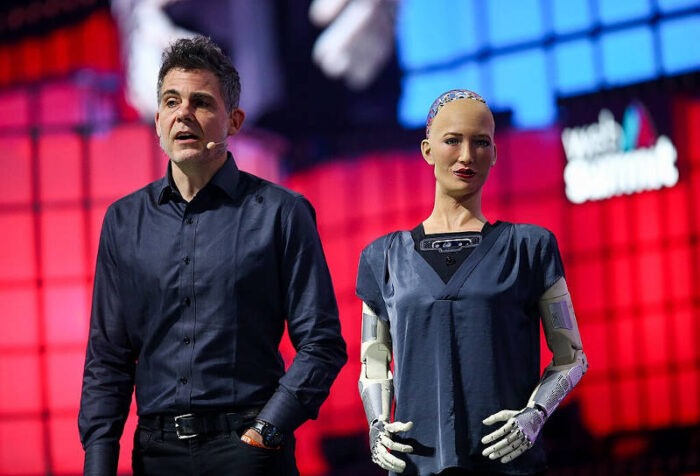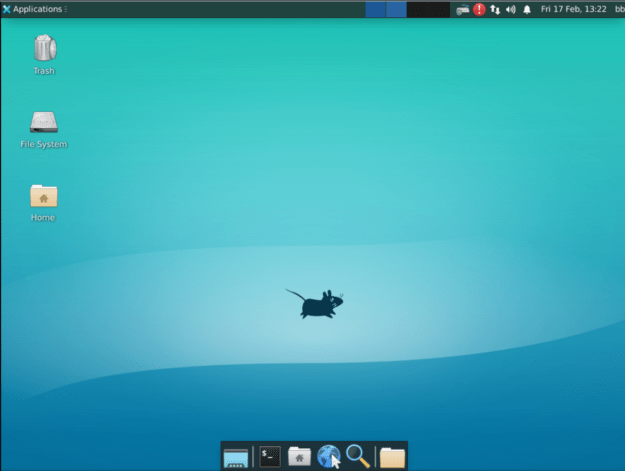In March 2024 Bruce Perens released a first draft of his "Post-Open License," which would require large companies using Post-Open software to pay a fee, while individuals and nonprofits will be able to use it for free.
Posts published by “Bruce Byfield”
Bruce Byfield has been involved in FOSS since 1999. He has published more than 2000 articles, and is the writer of "Designing with LibreOffice," which is available as a free download here.
To the extent that Open Source Initiative is known, today it is perhaps best known for controversy rather than for its guardianship of open source.
In this second of our two part interview, Kooyman talks about moves the foundation has made to remain resilient and relevant in an ever changing world where nothing is certain.
In this, the first of a two part interview, the Free Software Foundation's executive director Zoë Kooyman talks about changes at FSF since Richard Stallman stepped down as president about six years ago, the difference between "free software" and "open source," and the issues that AI brings to the table for freedom-loving tech users.
As everybody from The Linux Foundation to Open Source Initiative to Facebook can tell you, figuring out how to make artificial intelligence platforms fit the Four Freedoms has been no easy task.
The co-founder of top-shelf ergonomic keyboard maker ZSA Technologies talks about open source, the company's user community, its relationships with its competition, and more.
For those who are ready to up their game, we take some of the mystery out of what to look for when shopping for an ergonomic, next-gen keyboard.
When Xfce 4.18 was released in December, many of the desktop environment's users might not have noticed many changes. That's because most of the changes were under the hood, and its popular file manager, Thunar, went through a major overhaul.
While working at home instead of behind a desk in a crowded office building is new to many tech workers, it's business as usual for most of us working in the FOSS world.
Bruce Byfield would like to hear from you about current Codes of Conduct and anti-harassment policies at FOSS conferences.










